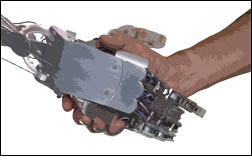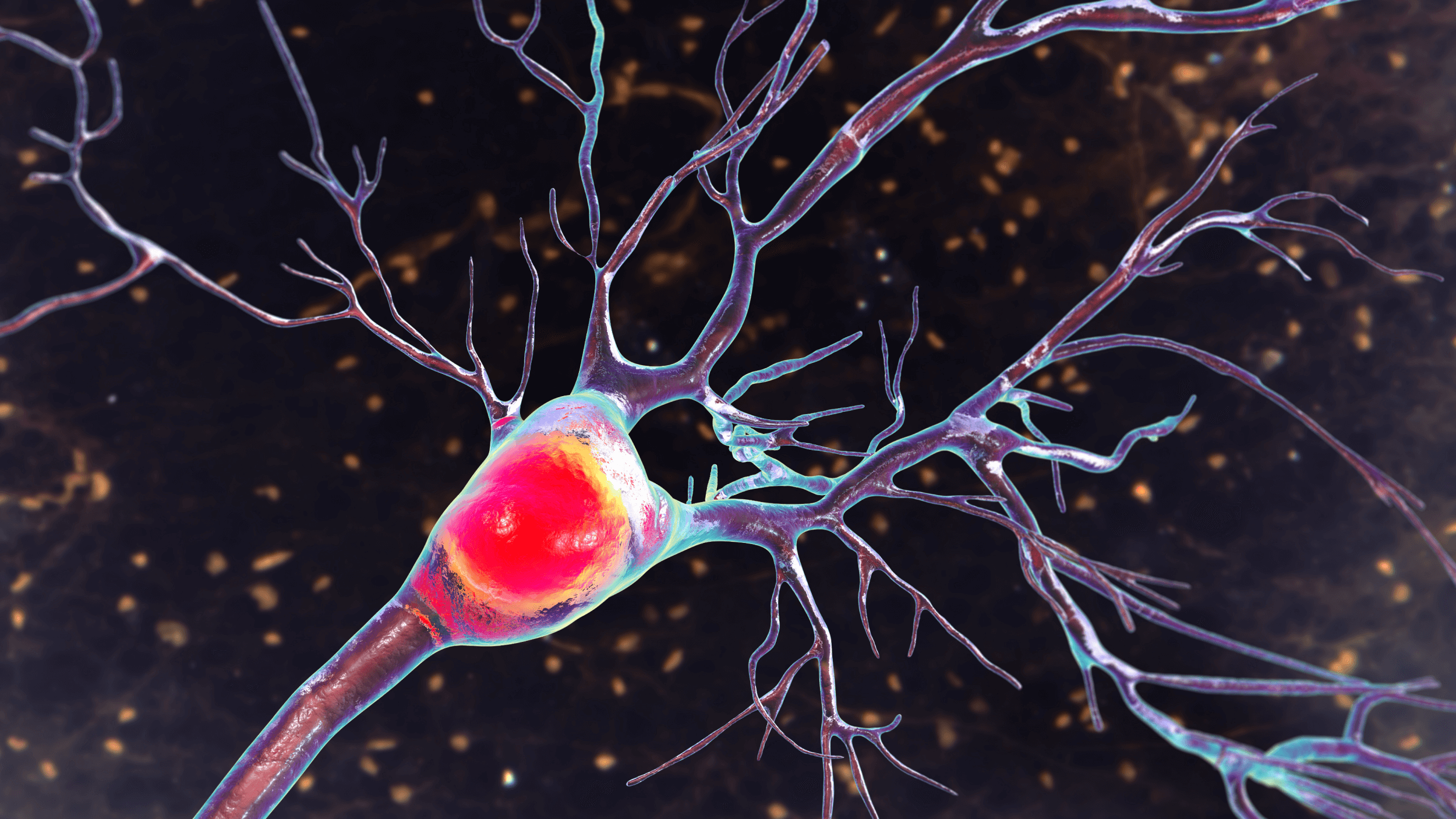I, Robot, Do Not Have a Headache

I have nothing against the development of sex robots. They’re a logical next step in the history of technology’s application to sexual desire. No doubt they will be a great comfort some day to the elderly, the shy and people with exotic tastes. What weirded me out about Douglas Hines’ new product, unveiled at the Consumer Electronics Show this month, was the backstory.
Hines says he lost a friend on 9/11 and wished his pal’s personality could be preserved after death. That lead him to try to developing an “artificial personality” that could work as a nursing-home aid. Only after the red tape involved in creating medical robots proved too much, he says, did he turn to the sex market.
But a useful hospital robot need not look like a person for people to respond to its “personality.” (Bilge Mutlu’s research offers plenty of examples and open questions around this topic.) People will respond to their cars emotionally, after all. The human mind is highly predisposed to think its experiences were caused by a thinking, feeling creature (damned engine won’t start, this is one nasty storm).
On the other hand, you can make robots that look and act very much like people, as David Hanson does, with the aim of using them to explore human psychology and maybe make a killing when Hollywood buys in.
But combining the heavy work function with the look-just-like us function, and thinking it’d be great to preserve personalities and download them into the robot bodies? Am I the only person who thought what the frak?




